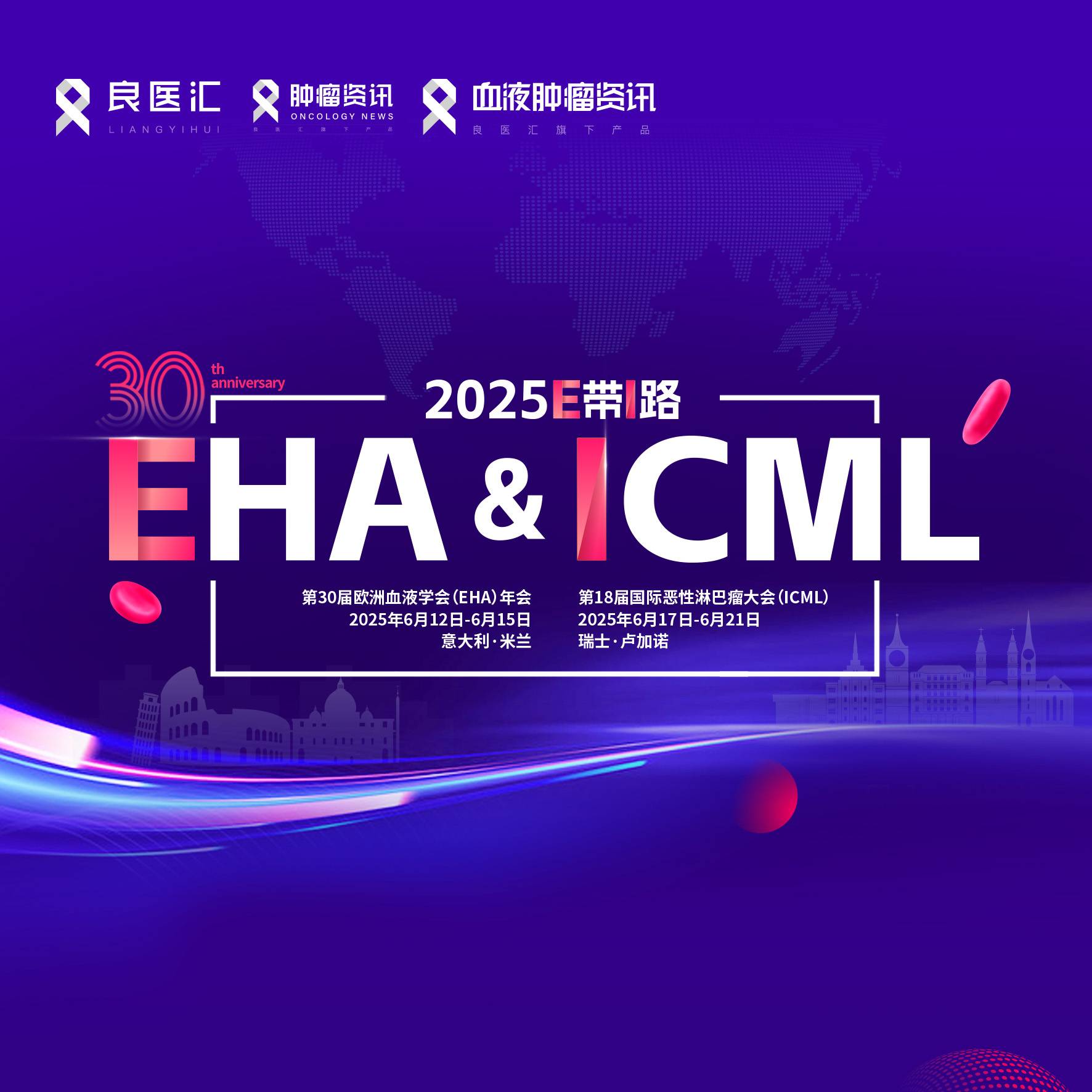
以下内容原文发布于AACR官方博客《Cancer Research Catalyst 》, 中文内容仅做参考,请点击文末“阅读原文”,阅览原文内容。
癌症患者不仅患重症新冠肺炎的风险增加,还面临疫情导致的癌症治疗延迟和中断,这可能会恶化癌症结局。 2020年有近1000万人错过了癌症筛查,这可能导致在未来几年诊断出晚期癌症并增加癌症死亡。 青年学者,尤其是妇女和代表性不足的少数族裔,特别容易受到疫情的不利影响。 |
美国癌症研究协会(AACR)于2022年2月发布了《AACR关于新冠肺炎对癌症研究和患者治疗影响的报告》。这是同类报告中的第一份,以全面的视角阐述了新冠肺炎对癌症患者的负担,疫情为癌症研究和患者治疗带来的挑战,以及疫情期间实施的变革意外地改善了研究实践和医疗可及性。
原文如下:
Patients with cancer not only are at increased risk for severe COVID-19, but also face cancer treatment delays and interruptions due to the pandemic, potentially worsening cancer outcomes.
Nearly 10 million missed cancer screenings in 2020 could lead to diagnoses of advanced-stage cancers and increased cancer deaths in the coming years.
Early-career investigators, especially women and underrepresented minorities, are uniquely vulnerable to the adverse impacts of the pandemic.
PHILADELPHIA – Today, the American Association for Cancer Research (AACR) released the AACR Report on the Impact of COVID-19 on Cancer Research and Patient Care. This first-of-its-kind report provides a comprehensive view of the burden of COVID-19 among patients with cancer; the challenges presented by the pandemic in cancer research and patient care; and the changes implemented during the pandemic that have unexpectedly improved research practices and access to care.
IMPACT OF COVID-19 ON PATIENTS WITH CANCER
Research indicates that patients with cancer are at an increased risk for COVID-19 infection and severe disease. In addition, the interruptions caused by the pandemic may contribute to worse cancer-related outcomes in the coming years. According to the report:
Patients with hematologic cancers as well as patients receiving B cell-targeted therapeutics are not only are at higher risk for COVID-19, but also have shown poor responses to the available vaccines.
The delays in cancer screening, diagnosis, and treatment caused by the pandemic have had and may continue to have negative effects on outcomes for patients.
The pandemic resulted in nearly 10 million missed cancer screenings from January to July 2020.
The pandemic impaired referrals for preliminary cancer diagnoses and led to an 11 percent increase in patients diagnosed with inoperable or metastatic cancer during March to December 2020, when compared to the same time frame in 2019.
Patients and cancer centers reported delays in cancer treatments including chemotherapy, immunotherapy, radiotherapy, and surgery.
The pandemic has had a considerable negative impact on the mental health of cancer patients, survivors, and caregivers arising from a range of issues such as social isolation, financial stress, food insecurity, concerns about timely access to cancer treatments, and disease recurrence.
Racial and ethnic minorities and other medically underserved populations not only have shouldered a disproportionate burden of COVID-19, but also have been more affected by pandemic-related disruptions to the cancer care continuum.
IMPACT OF COVID-19 ON CANCER RESEARCHERS
As outlined in the AACR Report on the Impact of COVID-19 on Cancer Research and Patient Care, the pandemic has caused significant challenges for cancer researchers, leading to research laboratory closures and clinical trial interruptions. It has negatively impacted their career development opportunities as well, especially for women and minority early-stage investigators. According to a recent survey of 66 AACR grant recipients, the results of which are included in the report:
Ninety-nine percent of respondents indicated that the pandemic negatively impacted their research, career, and/or patient care.
Eighty-seven percent of respondents reported a drop in productivity.
Sixty-one percent of respondents indicated that the pandemic has delayed their career advancement.
At the same time, cancer researchers who were uniquely positioned to respond to many of the scientific questions posed by COVID-19 have used their expertise in genetics, immunology, and drug development to combat the pandemic. For example, the National Cancer Institute (NCI) unified its national network of serology centers to support research on SARS-CoV-2 immunology and to increase the nation’s serological testing capacity. Research from this network has uncovered important insights into the mechanisms of immune response to COVID-19.
What’s more, as explained in the report, decades of research into mRNA vaccines for use as cancer immunotherapies paved the way for the development of COVID-19 vaccines at an unprecedented speed. In turn, the tremendous success of the COVID-19 vaccines has renewed enthusiasm for mRNA-based cancer immunotherapies, which have the potential to revolutionize cancer treatment.
“We have tackled cancer in a science-based manner, where we define the problem, understand the processes, and then develop treatments or ways to improve health,” said Antoni Ribas, MD, PhD, FAACR, chair of both the AACR Report on the Impact of COVID-19 on Cancer Research and Patient Care Steering Committee and the AACR COVID-19 and Cancer Task Force, and immediate Past President of AACR. “The same had to be done for COVID-19. The cancer research community has generated so many tools to study cancer — sequencing, developing antibodies, pioneering targeted therapies — that have also helped researchers address COVID-19. And the best example of all is the COVID-19 mRNA vaccines.”
LESSONS LEARNED FROM THE PANDEMIC
Despite the many adverse effects of the pandemic, some of the necessary adjustments to clinical research and practice over the past two years have the potential to improve care for patients with cancer in the future. As noted in the report:
The use of telemedicine for health care needs was 38 times higher in July 2021 than before the pandemic, an expansion that was welcomed by most Americans.
The pandemic also required changes to the conduct of clinical trials that made such studies more patient-centric, a shift that has the potential to increase and diversify clinical trial participation, shorten the timelines for some trials, and minimize the financial and logistical burdens on clinical trial participants.
Finally, the global scientific collaborations and rapid sharing of resources and expertise necessitated by the pandemic, already a staple of the team science approach in cancer science and medicine, offer a framework for rapidly responding to future public health crises of this magnitude in the years to come.
A CALL TO ACTION
Building on these experiences, the AACR Report on the Impact of COVID-19 on Cancer Research and Patient Care includes a Call to Action with steps that Congress should take to rebuild U.S. public health infrastructure, enhance medical research, and modernize how patients receive care and enroll in clinical trials. Recommendations include:
Offset pandemic-related research costs by providing at least $10 billion for the National Institutes of Health (NIH) and its grantees in emergency supplemental funding as proposed in the Research Investment to Spark the Economy (RISE) Act of 2021.
Increase investments in cancer research and prevention by supporting robust, sustained, and predictable growth for NIH and NCI, including at least $3.5 billion and $1.1 billion, respectively, in fiscal year (FY) 2022, for a total funding level of $46.4 billion for NIH and $7.6 billion for NCI.
Enact policies that broaden health care coverage and reduce inequities in access to health care, such as expanding Medicaid.
Deliver a permanent extension of Centers for Medicare & Medicaid Services (CMS)-approved telehealth services and support greater access to telehealth by providing funding, including grants, to support high-speed broadband, reach underserved areas, and address the digital divide.
Support the U.S. Food and Drug Administration’s regulatory science initiatives and advance the development of oncology products by providing an increase of at least $343 million in discretionary budget authority in FY 2022.
Increase diversity in clinical trials and alleviate the financial burden on prospective trial participants by reimbursing patients for ancillary trial-related costs, such as transportation and lodging, as contained in the DIVERSE Act.
“The COVID-19 pandemic has highlighted the importance of basic science, cancer prevention, cancer screenings, and addressing cancer disparities,” said Margaret Foti, PhD, MD (hc), chief executive officer of AACR. “To restore the momentum against cancer, we urge Congress to continue its long-standing commitment to supporting cancer research. Robust, sustained, and predictable annual funding increases for NIH and NCI will propel future scientific advances, maximize returns from prior investments in cancer research, drive economic prosperity, and support new lifesaving cures for patients with cancer.”
The AACR Report on the Impact of COVID-19 on Cancer Research and Patient Care builds on AACR’s commitment to advancing scientific understanding of SARS-CoV-2, COVID-19, and all aspects of how the pandemic affects cancer research and care. In coordination with its COVID-19 and Cancer Task Force, AACR has hosted two scientific conferences and published groundbreaking research on COVID-19 and cancer; engaged patient advocates to identify barriers and develop solutions to optimize cancer care during the pandemic; and remained a steadfast voice in support of policies that protect patients with cancer during this crisis.
AACR
结尾











 苏公网安备32059002004080号
苏公网安备32059002004080号


